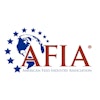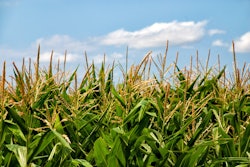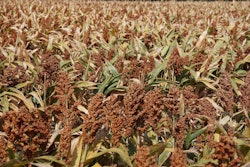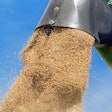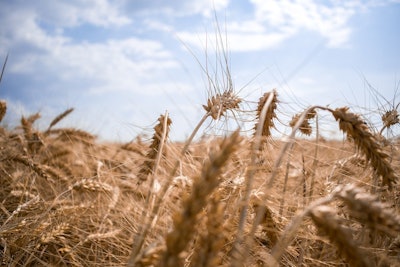
Jill Riley recently reported on The European Union (EU) has recently reached a crucial agreement regarding the trading of Ukrainian grain for globe echo.. This agreement, which extends free-trade measures with Ukraine until June 2025, comes amid growing concerns and protests from European farmers about unfair competition and the influx of cheaper agricultural products from Ukraine. While the agreement aims to strike a balance between supporting Ukraine and protecting EU agricultural markets, it has been described as a hardened position compared to previous promises of solidarity.
Ukraine is a major global exporter of essential commodities such as sunflower oil, barley, maize, and wheat. However, its ability to export goods has been severely impacted by Russia's war and blockade of the Black Sea. The dispute over Ukrainian agricultural imports intensified in April 2023 when Poland, Hungary, and Slovakia imposed bans on certain products, triggering a tense standoff and multiple attempts to resolve the situation through the World Trade Organization.
In response to the concerns raised by European farmers, the EU has decided to extend free-trade measures with Ukraine until June 2025. However, this extension comes with stricter safeguards on sensitive products and provisions for remedial measures in case of market turmoil. The special regime will now include more safeguards on products such as poultry, eggs, sugar, oats, maize, groats, and honey. Member states will have the ability to apply "remedial measures" on a national basis if market conditions become disrupted. This includes the possibility of imposing bans on certain products.
Countries such as Poland, Hungary, Slovakia, France, Italy, and Austria have voiced their opposition to the agreement, claiming that Ukrainian imports pose unfair competition to their local farmers. The beefed-up provisions and measures included in the agreement aim to address these concerns and provide a level playing field for European farmers.
